'Twitter Files' reveal conservatives blacklisted
Fox News host Jesse Watters and FOX Business correspondent Kelly O'Grady react to part two of the 'Twitter Files' on 'Jesse Watters Primetime.'
The second installment of Elon Musk's so-called "Twitter Files" shed light on the company's practices of secretly "blacklisting" certain tweets and users.
"A new #TwitterFiles investigation reveals that teams of Twitter employees build blacklists, prevent disfavored tweets from trending, and actively limit the visibility of entire accounts or even trending topics—all in secret, without informing users," journalist Bari Weiss began her thread on Thursday.
"Twitter once had a mission ‘to give everyone the power to create and share ideas and information instantly, without barriers.’ Along the way, barriers nevertheless were erected," Weiss wrote.
She pointed to Stanford University's Dr. Jay Bhattacharya, a longstanding opponent of COVID groupthink during the pandemic who expressed opposition to lockdowns.
"Twitter secretly placed him on a 'Trends Blacklist,' which prevented his tweets from trending," Weiss reported.
Weiss highlighted that Fox News host Dan Bongino was placed on a "Search Blacklist" and Twitter had Turning Point USA's Charlie Kirk on "Do Not Amplify."
Bongino reacted the revelations, tweeting, "We ALWAYS knew we were a target of the Twitter suppression machine. ALWAYS. Yet liberals insisted it was another 'conspiracy theory.' Tonight is vindication, yet I expect no apologies from liberals. They live to abuse power and they’ll make no apologies for doing so."
"Twitter denied that it does such things," Weiss wrote. "In 2018, Twitter's Vijaya Gadde (then Head of Legal Policy and Trust) and Kayvon Beykpour (Head of Product) said: ‘We do not shadow ban.’ They added: ‘And we certainly don’t shadow ban based on political viewpoints or ideology.’
Weiss revealed that the common term "shadow banning," a term described to secretly suppressing Twitter users without their knowledge, was referred to by Twitter executives and employees as "Visibility Filtering" or "VF."
"'Think about visibility filtering as being a way for us to suppress what people see to different levels. It’s a very powerful tool,' one senior Twitter employee told us," Weiss tweeted. "'VF' refers to Twitter’s control over user visibility. It used VF to block searches of individual users; to limit the scope of a particular tweet’s discoverability; to block select users’ posts from ever appearing on the ‘trending’ page; and from inclusion in hashtag searches. All without users’ knowledge."
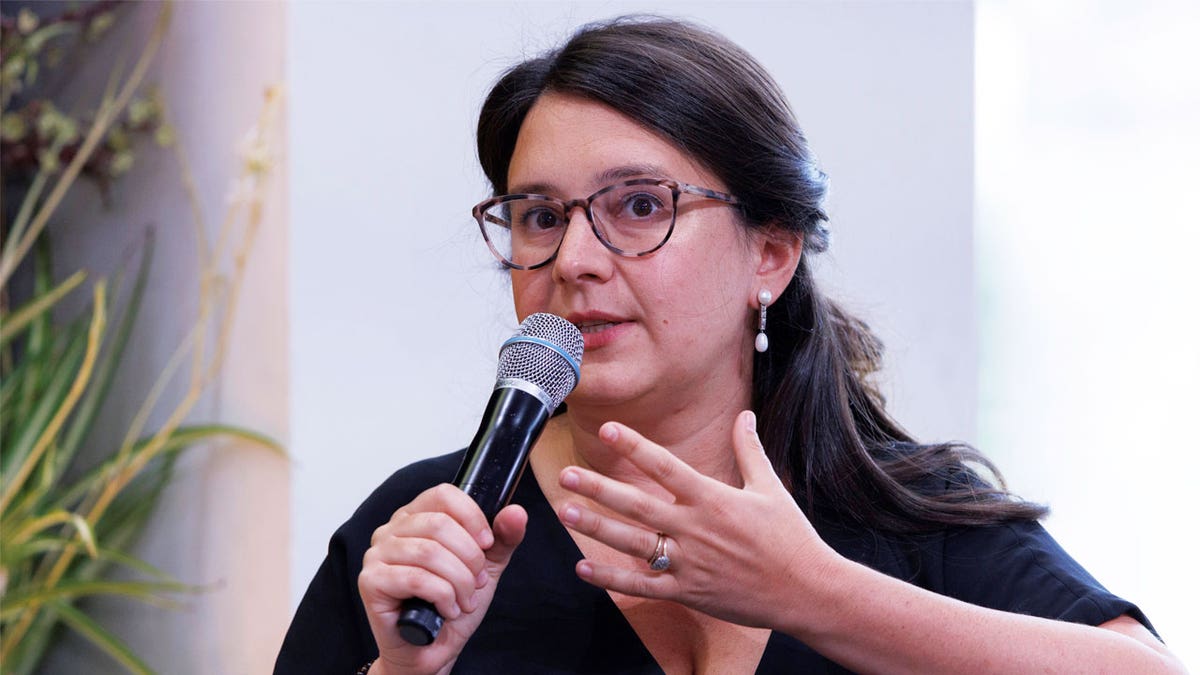
Bari Weiss, editor of The Free Press and host of "Honestly" podcast, went viral with the second installment of the so-called "Twitter Files." (REUTERS/Mike Blake)
One Twitter engineer told Weiss, "We control visibility quite a bit. And we control the amplification of your content quite a bit. And normal people do not know how much we do."
"The group that decided whether to limit the reach of certain users was the Strategic Response Team - Global Escalation Team, or SRT-GET. It often handled up to 200 ‘cases’ a day," Weiss reported. "But there existed a level beyond official ticketing, beyond the rank-and-file moderators following the company’s policy on paper. That is the ‘Site Integrity Policy, Policy Escalation Support,’ known as ‘SIP-PES.’
"This secret group included Head of Legal, Policy, and Trust (Vijaya Gadde), the Global Head of Trust & Safety (Yoel Roth), subsequent CEOs Jack Dorsey and Parag Agrawal, and others. This is where the biggest, most politically sensitive decisions got made. ‘Think high follower account, controversial,’ another Twitter employee told us. For these 'there would be no ticket or anything.'" Weiss continued.
One account Weiss said rose to such a level belongs to the popular Twitter personality Libs of TikTok, who was placed on a "Trends Blacklist" designated as "Do Not Take Action on User Without Consulting With SIP-PES."
"The account—which Chaya Raichik began in November 2020 and now boasts over 1.4 million followers—was subjected to six suspensions in 2022 alone, Raichik says. Each time, Raichik was blocked from posting for as long as a week. Twitter repeatedly informed Raichik that she had been suspended for violating Twitter’s policy against ‘hateful conduct.’ But in an internal SIP-PES memo from October 2022, after her seventh suspension, the committee acknowledged that ‘LTT has not directly engaged in behavior violative of the Hateful Conduct policy,’" Weiss revealed.
She added, "The committee justified her suspensions internally by claiming her posts encouraged online harassment of ‘hospitals and medical providers’ by insinuating ‘that gender-affirming healthcare is equivalent to child abuse or grooming.’ Compare this to what happened when Raichik herself was doxxed on November 21, 2022. A photo of her home with her address was posted in a tweet that has garnered more than 10,000 likes. When Raichik told Twitter that her address had been disseminated she says Twitter Support responded with this message: "We reviewed the reported content, and didn't find it to be in violation of the Twitter rules." No action was taken. The doxxing tweet is still up."
Weiss went on to share internal Slack messages from Yoel Roth, the former head of trust and safety at Twitter, sent to employees explaining the technicalities of Twitter's policies to justify the restricting the visibility of certain tweets and users.
"Six days later, in a direct message with an employee on the Health, Misinformation, Privacy, and Identity research team, Roth requested more research to support expanding ‘non-removal policy interventions like disabling engagements and deamplification/visibility filtering,’" Weiss reported. "Roth wrote: ‘The hypothesis underlying much of what we’ve implemented is that if exposure to, e.g., misinformation directly causes harm, we should use remediations that reduce exposure, and limiting the spread/virality of content is a good way to do that.' He added: "We got Jack on board with implementing this for civic integrity in the near term, but we’re going to need to make a more robust case to get this into our repertoire of policy remediations – especially for other policy domains."
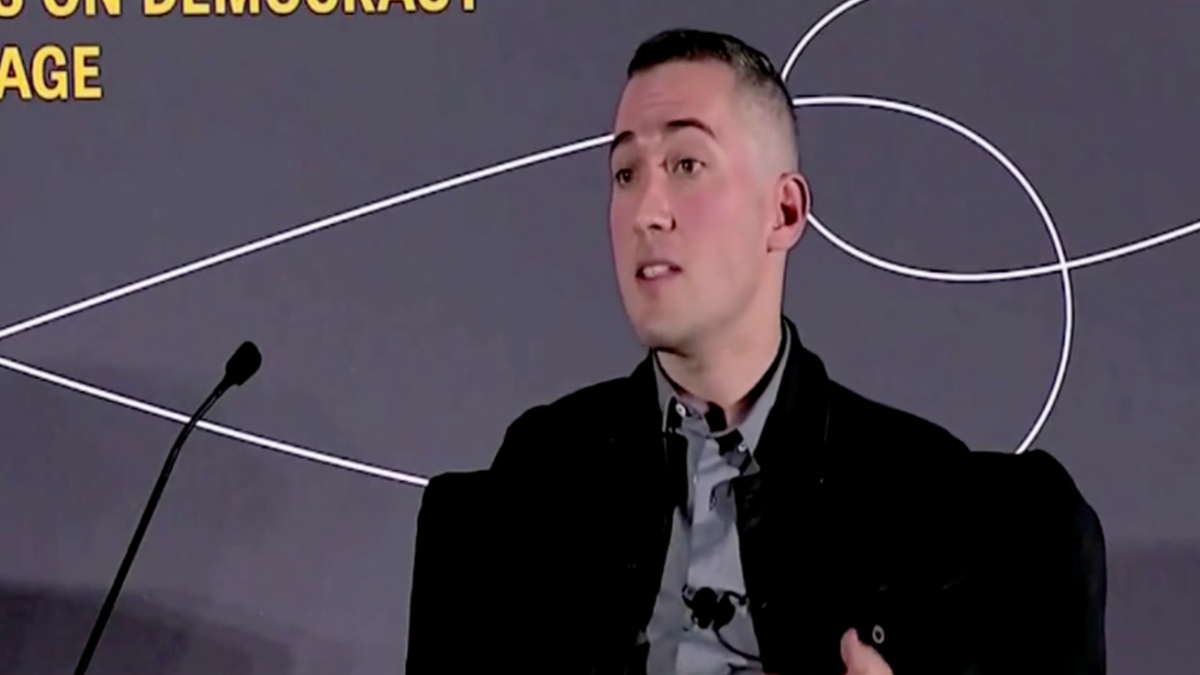
Former Twitter Head of Trust and Safety Yoel Roth admitted on November 29, 2022 that the tech company's decision to censor the Hunter Biden laptop story from the New York Post was a mistake. (Knight Foundation/CNN)
Weiss revealed her team of journalists reporting on the Twitter saga including Abigail Shirer, Michael Shellenberger, Isaac Grafstein and Nellie Bowles, telling her followers "The authors have broad and expanding access to Twitter’s files. The only condition we agreed to was that the material would first be published on Twitter."
She closed her thread by teasing the third installment will be shared by Substack writer Matt Taibbi.
The first installment of "The Twitter Files," shared Friday by Taibbi, offered insight as to what led to Twitter's suppression of the Hunter Biden laptop story during the 2020 presidential election. At the time, Twitter alleged it was enforcing it's "hacked materials" policy that banned the sharing of digitally stolen material on the platform despite any evidence that the laptop was hacked.
DEMOCRATIC REP. RO KHANNA EXPRESSED CONCERNS OVER TWITTER'S CENSORSHIP OF HUNTER BIDEN LAPTOP STORY
Taibbi reported that the decision to censor the Hunter Biden scandal were made at the highest levels at Twitter but without the knowledge of its then-CEO Jack Dorsey.
"'They just freelanced it,' is how one former employee characterized the decision. ‘Hacking was the excuse, but within a few hours, pretty much everyone realized that wasn’t going to hold. But no one had the guts to reverse it,’" Taibbi wrote.
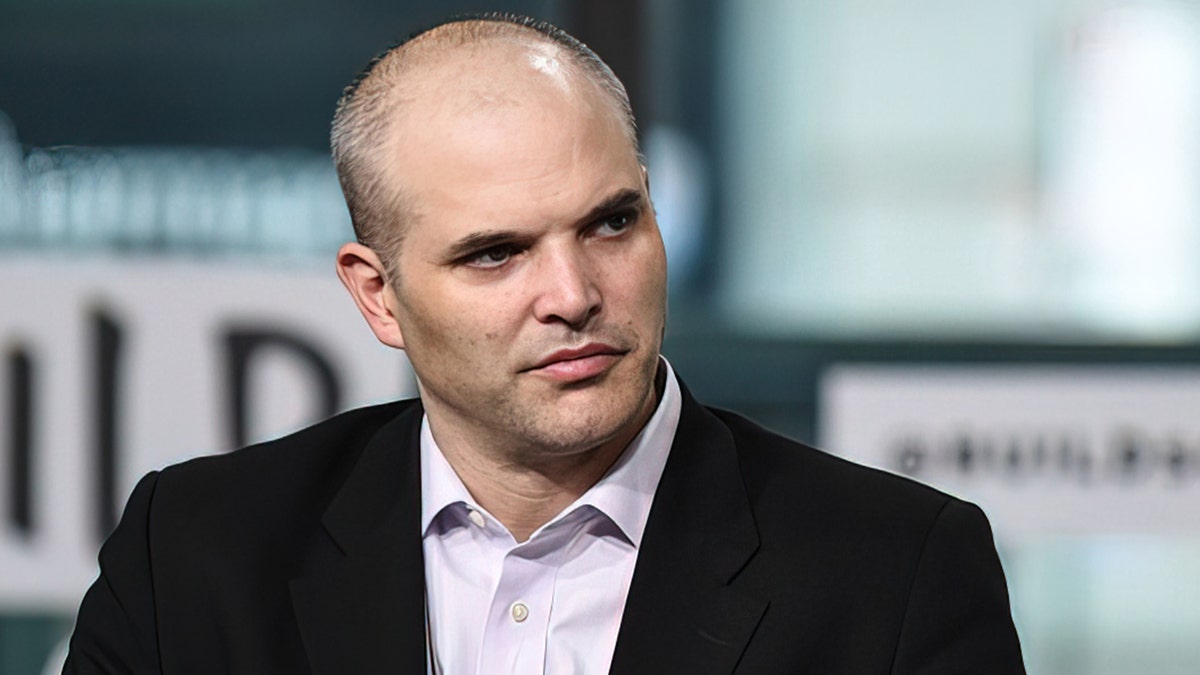
Journalist Matt Taibbi revealed the "Twitter Files" revelations one tweet at a time on Friday. (Daniel Zuchnik/WireImage/Getty Images)
Taibbi then shared a screenshot of an exchange between Gadde, Roth and Twitter spokesman Trenton Kennedy, who wrote "I'm struggling to understand the policy basis for marking this as unsafe."
"Can we truthfully claim that this is part of the policy?" Twitter's former VP of Global Comms Brandon Borrman similarly asked at the time, according to a separate screenshot shared by Taibbi.
Twitter's former Deputy General Counsel Jim Baker replied, "I support the conclusion that we need more facts to assess whether the materials were hacked" but added "it's reasonable for us to assume that they may have been and that caution is warranted."
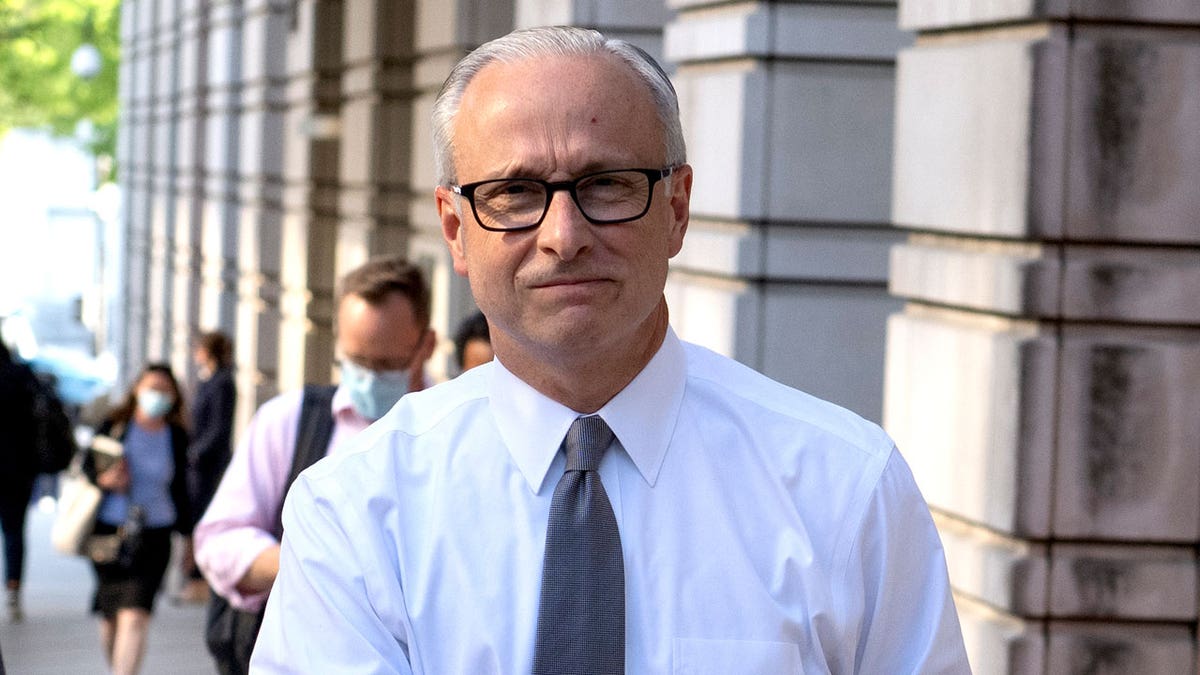
Twitter Deputy General Counsel was fired by Elon Musk after it was revealed that he had vetted the first bach of the so-called "Twitter Files" without his knowledge. (Ron Sachs/Consolidated News Pictures/Getty Images)
It was later revealed that Baker had vetted the first batch of "Twitter Files" unbeknownst to Musk, which quickly led to Baker's termination. It is unclear whether Baker's involvement in vetting the "Twitter Files" led Taibbi to draw that conclusion and whether Baker omitted files that would have shown the federal government intervening in Twitter's suppression of the Hunter Biden laptop story.
Taibbi initially reported "Although several sources recalled hearing about a ‘general’ warning from federal law enforcement that summer about possible foreign hacks, there’s no evidence - that I've seen - of any government involvement in the laptop story."
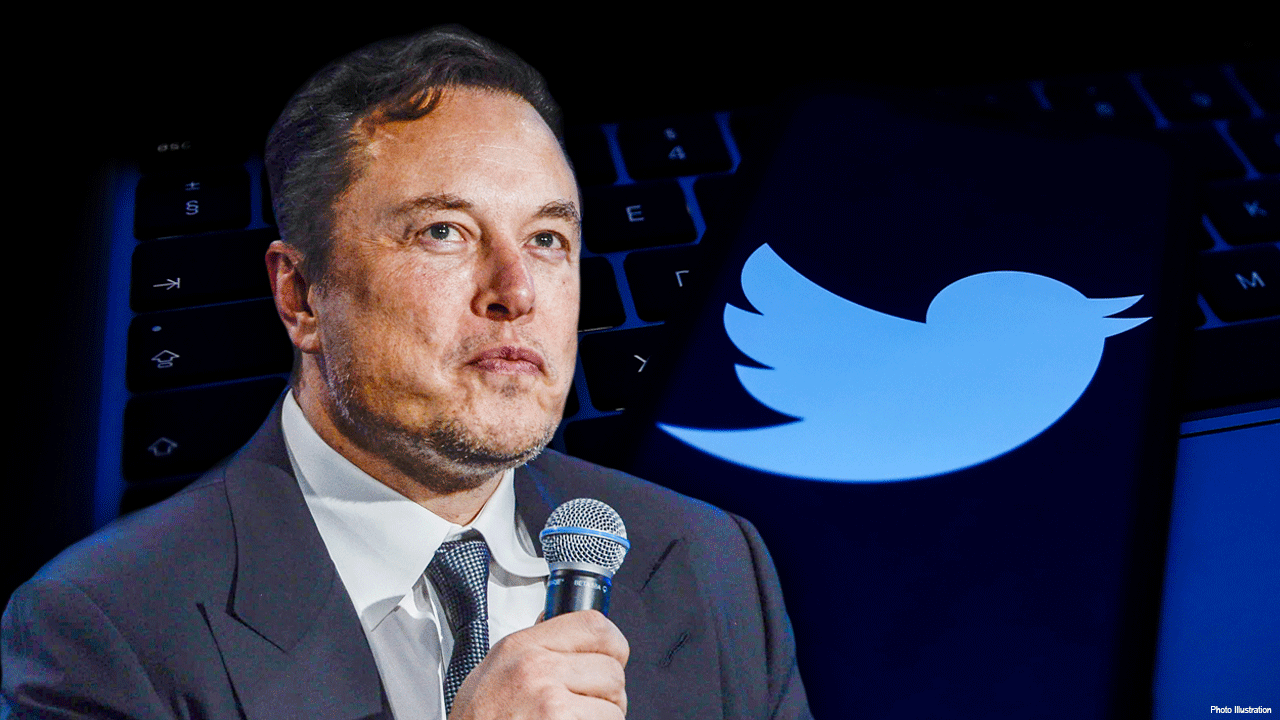
Billionaire industrialist Elon Musk took over Twitter in late October and immediately fired several top executives. (Jakub Porzycki/NurPhoto, CARINA JOHANSEN/NTB/AFP via Getty Images (Photo illustration))
Musk had been vocal about being transparent when it comes to Twitter's past and present actions it takes when it comes to curating content on the platform, including censored content.
Twitter famously blocked its users from sharing the New York Post's reporting of Hunter Biden's laptop in tweets and in direct messages.
CLICK HERE TO GET THE FOX NEWS APP
At the time, Twitter Safety alleged that the articles were in violation of its "hacked materials policy." Twitter's then-CEO Jack Dorsey admitted his company's actions were a mistake.
Many critics believe the suppression of the Hunter Biden scandal by Big Tech and the media at large was enough to sway the election in favor of his father.

